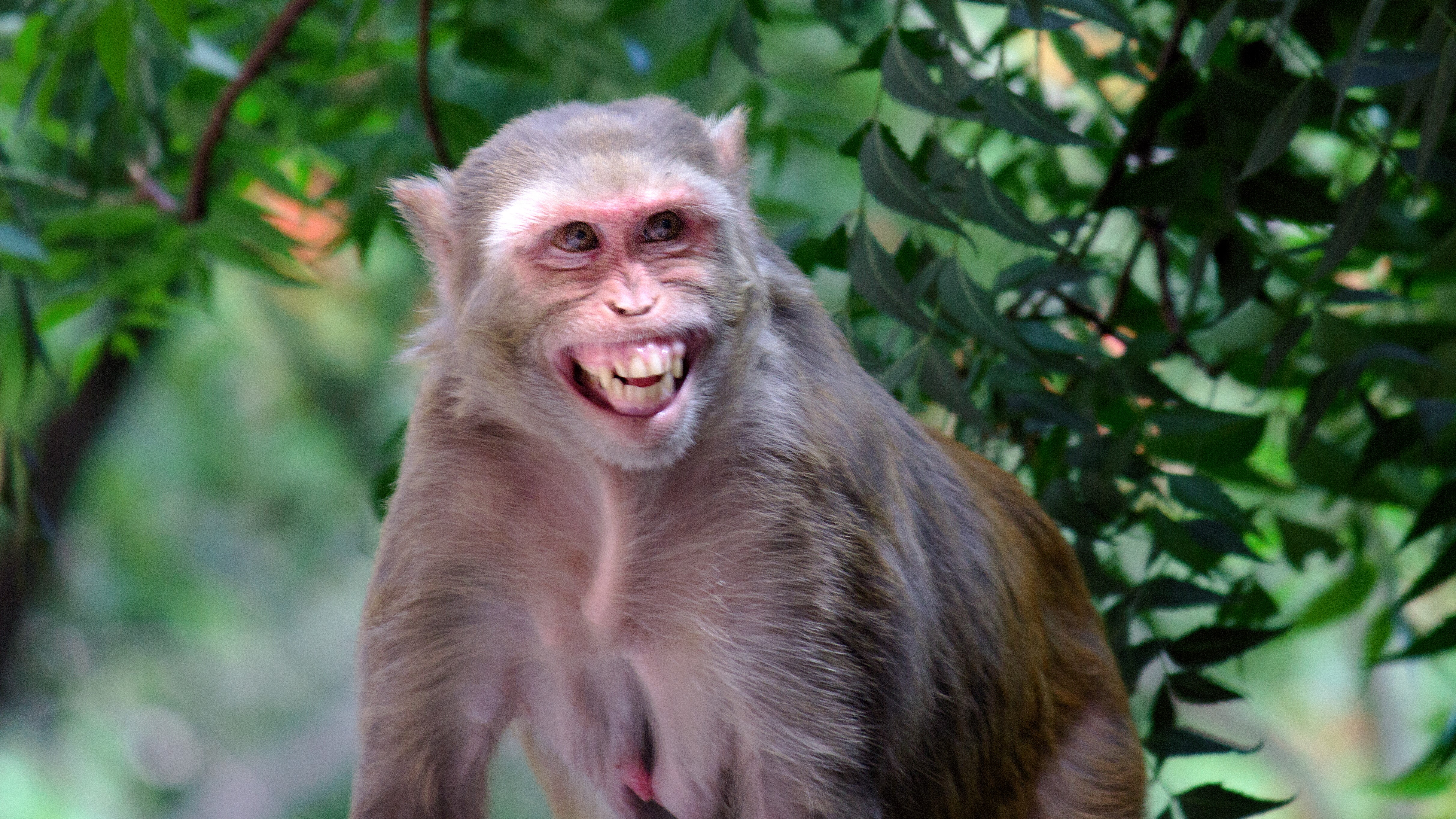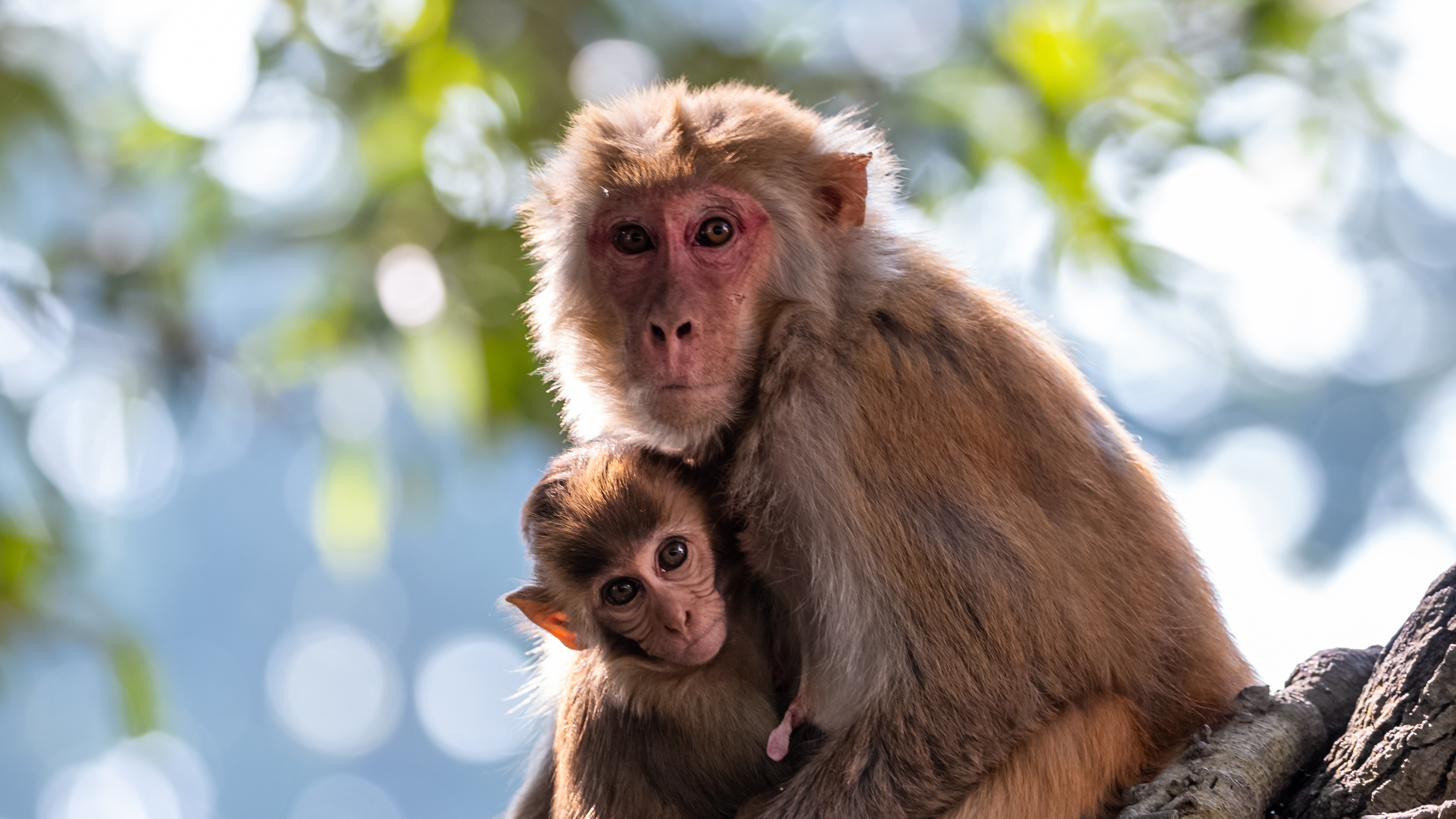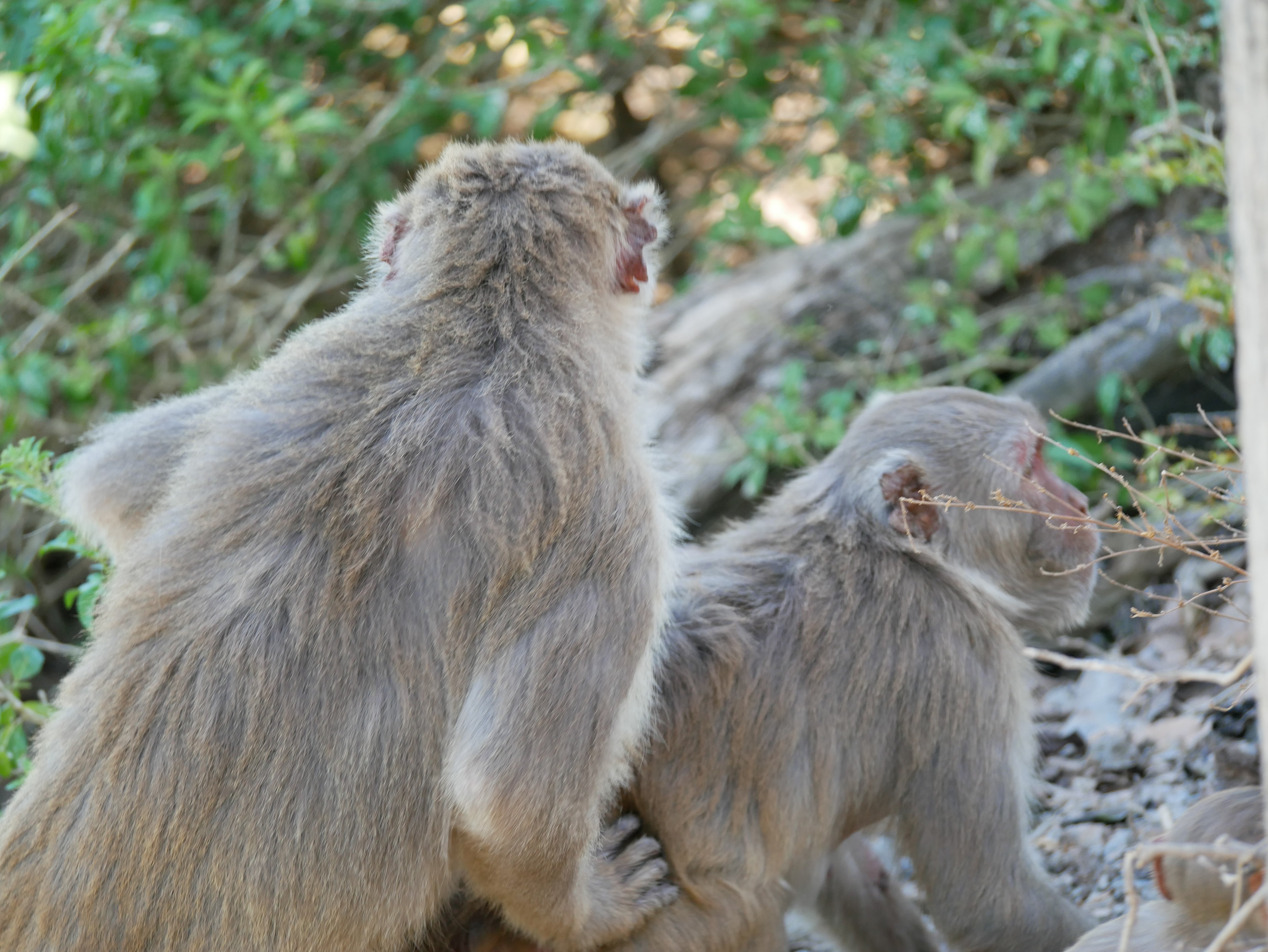
Male rhesus monkeys on a tiny island in Puerto Rico have more sex with each other than they do with females, scientists have discovered. This behavior may be partially rooted in genetics, the team said.
The researchers also found that male monkeys that had more sex with other males tended to father more offspring, suggesting that same-sex sexual behavior provides a boost when it comes to breeding.
"We find the complete opposite of what people were saying before, which was generally that the more homosexual sex animals have, the less babies they will have," Vincent Savolainen, a professor of organismic biology at Imperial College London in the U.K., told Live Science.
In the 1930s, scientists founded a monkey colony on the small island of Cayo Santiago in Puerto Rico for research purposes. Known locally as Monkey Island, it now has over 1,700 rhesus macaques (Macaca mulatta) living freely there.
Related: Primates have been masturbating for at least 40 million years
In a study published Monday (July 10) in the journal Nature Ecology and Evolution, researchers were looking at same-sex behavior among males on the island — and found it was extremely common among the 236 male monkeys they observed.

The team logged how often male monkeys mounted, or were mounted by, other males and how often males mounted females over three periods in 2017, 2019 and 2020. This revealed that 72% of males had sex with each other, while just 46% had sex with females. The scientists distinguished between individual monkeys using unique markings that had previously been tattooed onto the animals.
Scientists have previously observed same-sex sexual behavior in a wide range of animals including insects, reptiles, birds and primates, but it is generally thought to be a rare behavior. Researchers previously thought this behavior would reduce the animals' reproductivity, but in an analysis, the team found this behavior boosted reproduction success.
"We find this behavior between males helps them form coalitions — when they bond by having sex, they fight together against other males [that they are not having sex with]," Savolainen said. "As a result, they probably get an advantage in the group, access more females and end up having more babies."

Because all infant macaques are trapped and genotyped to determine their parentage, the team was able to look at how genetics may influence the likelihood of a male monkey having sex with other males. The researchers compared the DNA sequences in genetic samples collected from the monkeys with their sexual habits and found that genetic factors can help explain 6.4% of the sexual behavior observed, with the remaining differences seemingly down to environmental factors, such as age distribution.
"This is the first time we can show that homosexual behavior in these animals was in part genetically based," said Savolainen. As the behavior is to some extent heritable, this suggests it could be selected for through the process of natural selection, where genes that increase the reproductive success of an animal become more widespread in a population, he said.
The next step will be pinning down exactly which genes might play a role. "We are now going to sequence the whole genome of all these animals to figure that out," Savolainen said.
The findings, he added, could affect how we view homosexuality among humans.
"We share an ancestor with rhesus monkeys, and in this study, we argue that maybe in our past, homosexual behavior might have evolved in humans and maybe was also beneficial as we see in the monkeys," he said. "Of course, there are differences between humans and these monkeys but there may be some common ground."
If the findings can help to stamp out stigmatization around same-sex sexual behavior then that would be a positive and important outcome, Savolainen added.







